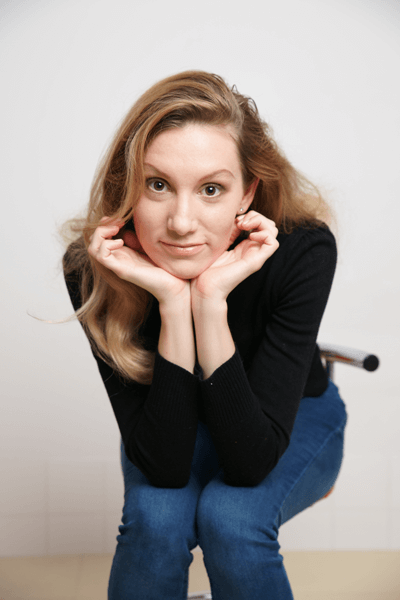Directors Profiles

Koji Fukada
深田晃司
Graduate of the Film School of Tokyo. Member of Seinendan Theater Company. Directed: La Grendiere(2006), Human Comedy in Tokyo(2008), Hospitalité(2010), Au revoir l’été(2013), Sayonara(2010). Has participated in Tokyo International Film Festival, Rotterdam International Film Festival, Tallinn Black Nights, New Directors New Films, amongst others. His most recent film, Harmonium(2016) was awarded the Jury Prize in “Un Certain Regard” Section of the Cannes International Film Festival.

Masaharu Take
武正晴
Graduate of Meiji University. Became a freelance assistant director, then worked as chief assistant director on films by Eichi Kudo, Takashi Ishii, Yoichi Sai, Shun Nakahara, Azuma Morisaki, and Kazuyuki Izutsu. Directed: Boy Meets Pusan(2007), Café Daikanyama (2009), Eden (2012), Mongolian Baseball (2013), Unsung Hero (2014). 100 Yen Love(2014) was awarded Best Actress and Best Screenplay in the Japanese Academy Awards; and has achieved large success in the box office.

Daishi Matsunaga
松永大司
Worked as an actor in several Japanese film productions after university. Since 2000, he has worked primarily as a director of commercials, music videos and documentaries. Matsunaga followed his good friend, artist and gender bender Pyuupiru from 2001 to 2008 for his documentary Pyuupiru (2009). Pieta in the Toilet (2015) was nominated for the Grand Prix at the Jeonju Film Festival, and won the Best New Actor Award in the Japanese Academy Awards, and screened at the Rotterdam and Tokyo International Film Festivals.

Eiji Uchida
内田英治
Worked as an assistant director for Kitano "Beat" Takeshi, who had a deep influence on his work. In 2000, he started a career as a TV drama scriptwriter for Driving School Story (TBS). Directed: Gachapon(2004), the Fuji TV drama, Gekidan Engi Mono(2005), Dead Banging(2013), Grateful Dead(2013), Lowlife Love (2015). Has participated in Texas Fantastic Film Festival, Raindance Film Festival, the Hong Kong Asian Film Festival, and Tokyo International Film Festival, amongst others.
